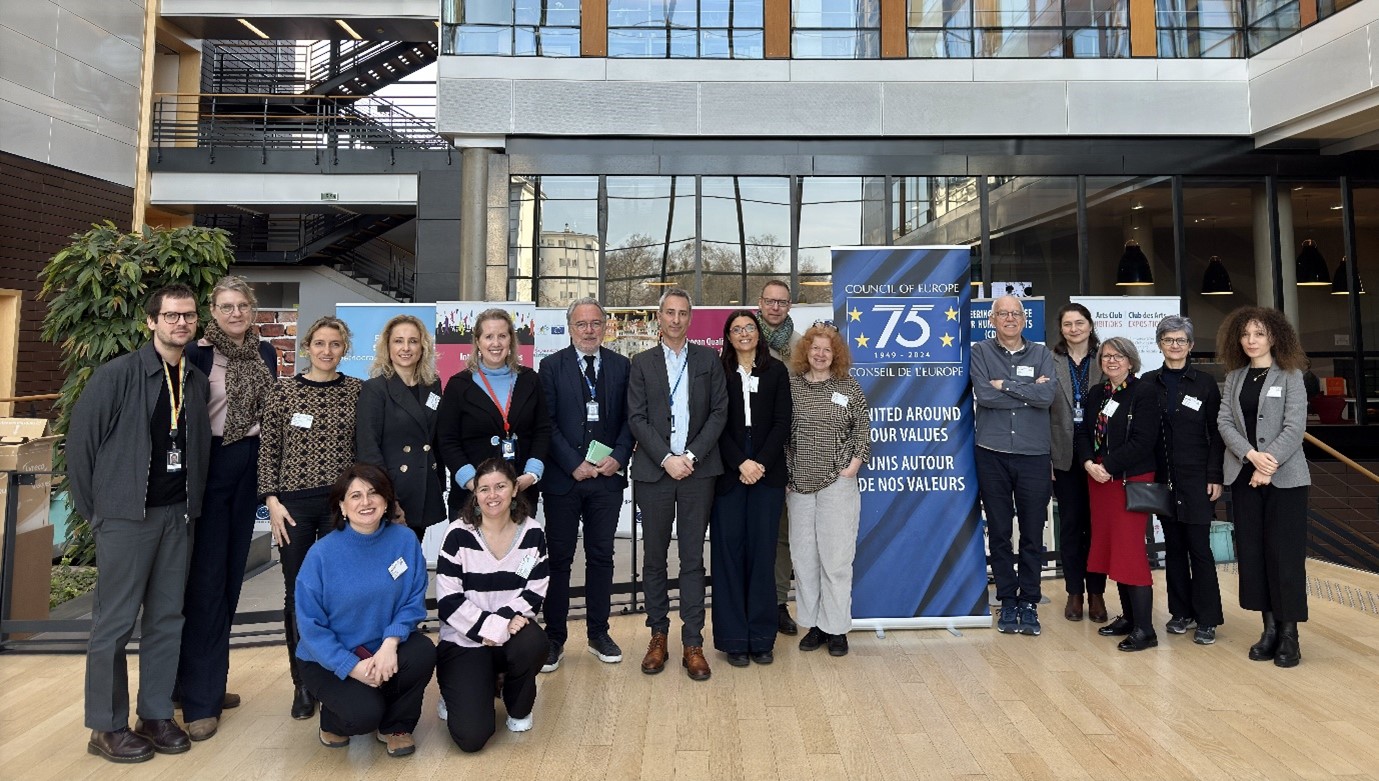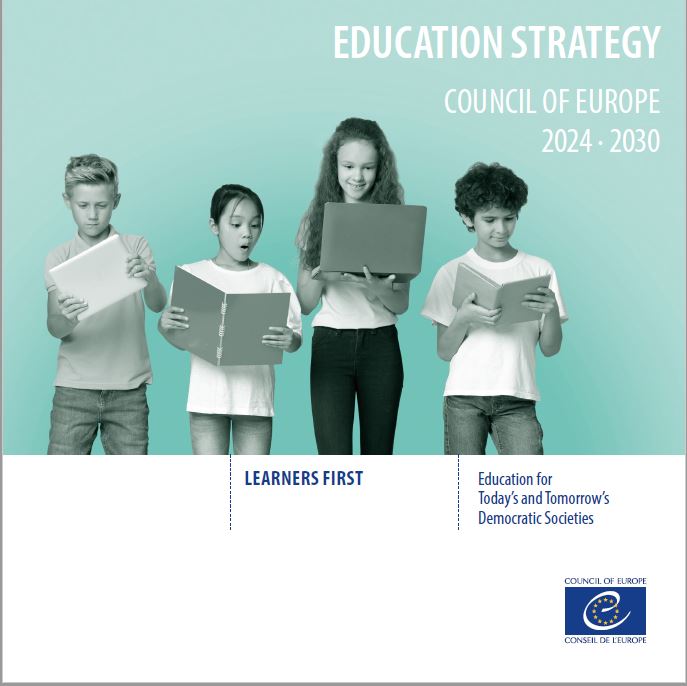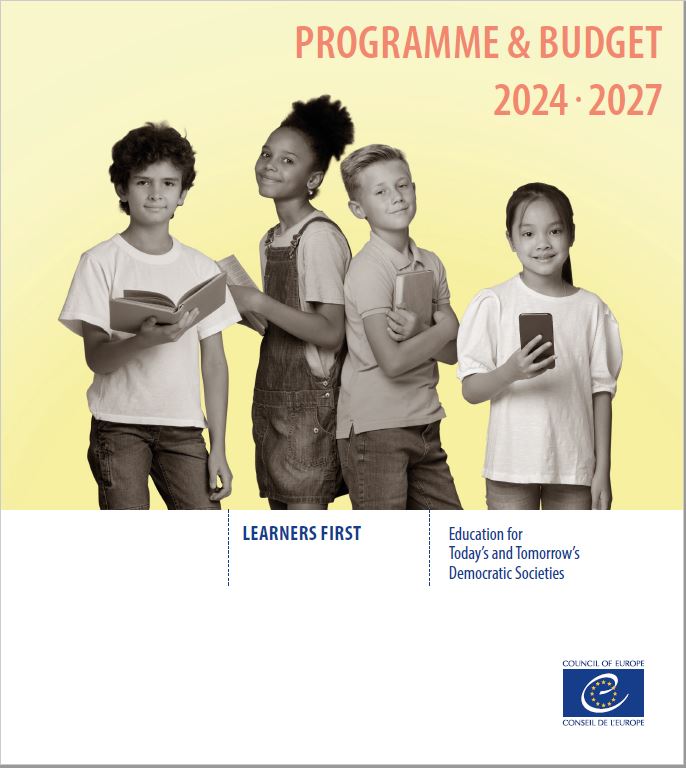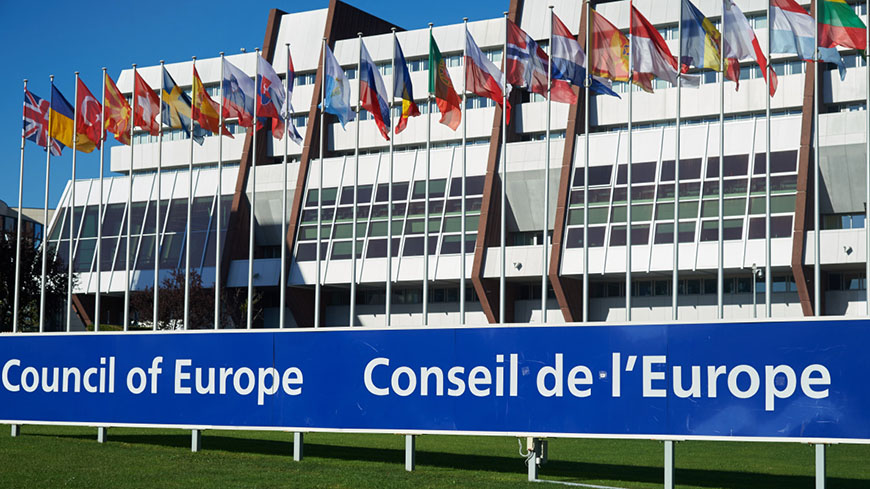The first joint meeting of the working group for the European Space for Citizenship Education (ESCE) convened on 17 and 18 February, marking a significant step forward in the Council of Europe’s commitment to strengthening the civic mission of education. Bringing together leading experts in the field of education, the meeting focused on three key areas: Codification of principles of quality citizenship education, Accountability and Quality Assurance, and Co-operation, laying the groundwork for a more engaged and cohesive European society.
A Response to the Backsliding of Democracy
In light of increasing challenges to democracy across Europe, the Council of Europe’s Education Department has embarked on an ambitious initiative to strengthen citizenship education. The ESCE aims to ensure that education systems effectively prepare young people to become active and engaged citizens.
This aligns with the Council of Europe's broader strategic objectives, as outlined in the Education Strategy 2024-2030 “Learners First – Education for Today’s and Tomorrow’s Democratic Societies”, which prioritizes democratic participation and inclusivity.
Key Areas of Work
The working group presented its preliminary analyses:
- Codification of principles of quality citizenship education from the Council of Europe’s acquis, including the Charter on Education for Democratic Citizenship and Human Rights Education and the Reference Framework of Competences of Democratic Culture. It will identify ways to integrate new principles and narratives that link democratic values to social justice and cultural relevance. This effort is based on the Reykjavik Principles of Democracy, which emphasize the role of education in fostering youth civic engagement and pluralism.
- Accountability and Quality Assurance: Exploring mechanisms to track progress of member states in advancing quality citizenship education based on targets.
- Co-operation: Strengthening democratic dialogue across diverse perspectives, fostering respectful exchanges, peer learning and establishing new ways of collaboration.
A Collective Effort Towards Change
This initiative builds upon previous milestones, such as the October 2024 conference in Berlin, where experts, civil society, and policymakers convened to set the groundwork for ESCE.
The ESCE offers a unique opportunity to bridge various aspects of citizenship education, ensuring that Europe's democratic future is built on a solid foundation of informed, engaged, and critically thinking citizens.
For more information, visit: European Space for Citizenship Education - Education.













